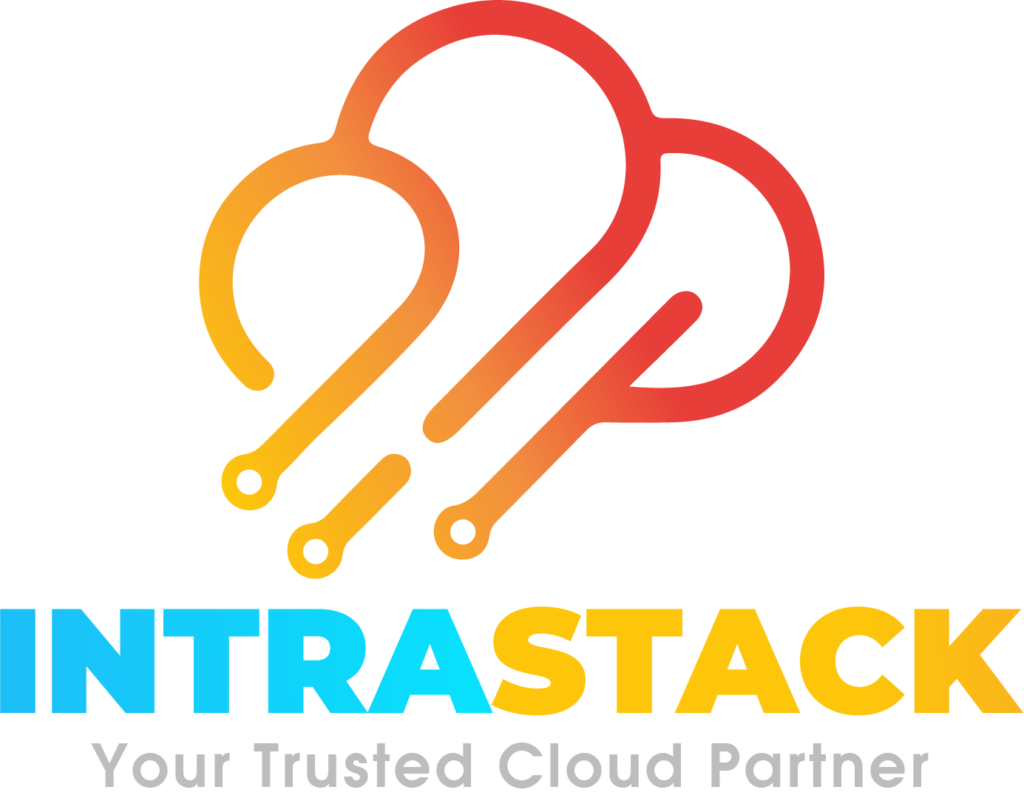Accelerating Innovation: The Transformative Power of Containers and Kubernetes
Accelerating Innovation: The Transformative Power of Containers and Kubernetes
In the fast-paced landscape of modern IT, containers and Kubernetes have emerged as dynamic tools reshaping the way businesses approach application development, deployment, and management. Let’s delve into the transformative benefits of adopting these technologies and how they can propel your organization towards greater efficiency and innovation.
- Portability and Consistency: Containers encapsulate applications and their dependencies, ensuring consistency across various environments. Whether your application runs on a developer’s laptop, a test server, or in production, the consistency provided by containers eliminates the infamous “it works on my machine” scenario. This portability accelerates development cycles and enhances collaboration among teams.
- Efficient Resource Utilization: Containers are lightweight and share the host system’s kernel, leading to efficient resource utilization. Unlike traditional virtualization, which requires a separate operating system for each virtual machine, containers streamline resource allocation. This efficiency translates into faster startup times, quicker scaling, and the ability to run more applications on the same infrastructure.
- Scalability and Elasticity: Kubernetes, an open-source container orchestration platform, excels in managing the deployment, scaling, and operation of application containers. It enables automatic scaling based on demand, ensuring that your applications seamlessly handle varying workloads. With Kubernetes, you can scale up during peak times and scale down during periods of lower demand, optimizing resource usage and cost efficiency.
- Enhanced DevOps Practices: Containers and Kubernetes are integral components of a DevOps toolchain. By promoting collaboration between development and operations teams, these technologies facilitate continuous integration and continuous deployment (CI/CD). Automating the build, test, and deployment processes streamlines development workflows, allowing teams to deliver software faster and with greater reliability.
- Improved Resource Isolation and Security: Containers provide a level of isolation that enhances application security. Each container operates independently, reducing the risk of dependencies interfering with one another. Kubernetes further augments security with features like role-based access control (RBAC) and pod security policies. This robust security framework ensures that your applications remain resilient and protected.
- Declarative Infrastructure: Kubernetes operates on a declarative model, allowing you to define the desired state of your applications and infrastructure. This approach simplifies management, making it easier to understand, version, and reproduce the desired configuration. Declarative infrastructure accelerates development cycles and reduces the likelihood of configuration drift.
In summary, the adoption of containers and Kubernetes represents a paradigm shift in how organizations architect, deploy, and scale applications. The benefits of portability, efficiency, scalability, enhanced DevOps practices, improved security, and declarative infrastructure position these technologies as indispensable tools for organizations aspiring to stay ahead in the ever-evolving world of IT. Embrace containers and Kubernetes, and witness a transformation in your ability to innovate and deliver software at scale.

